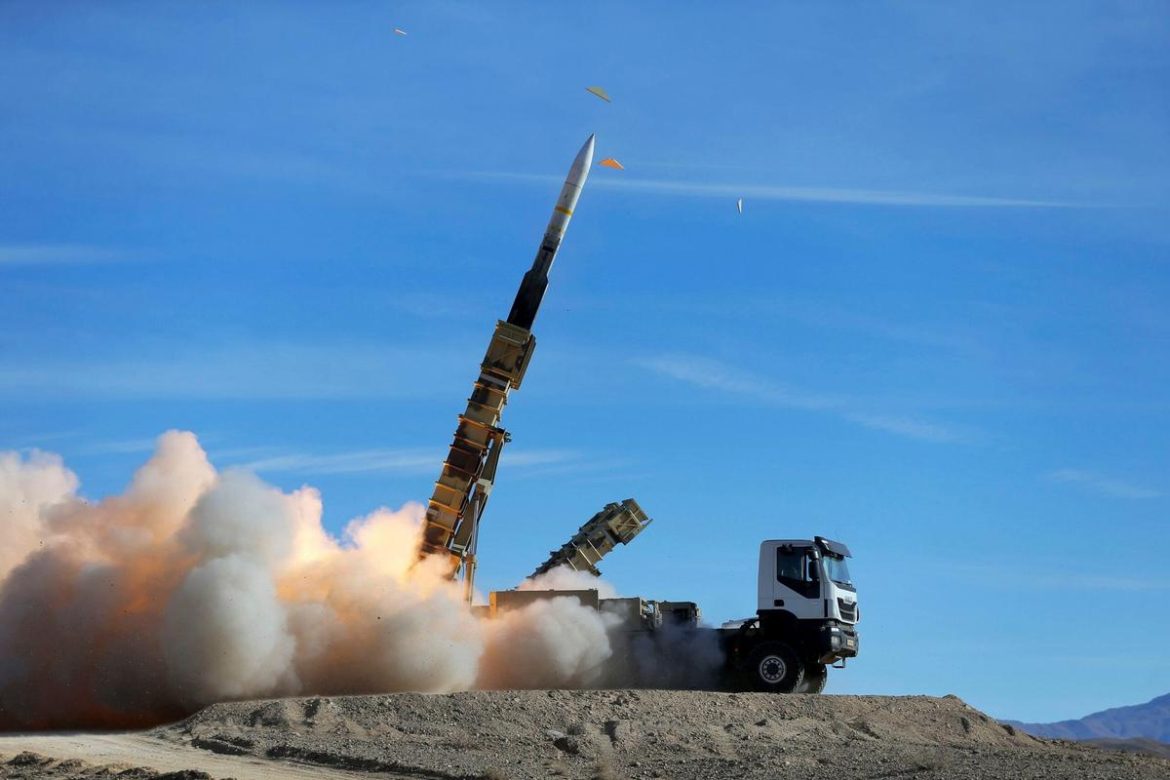Escalating Middle East Conflict: Over 80 Dead as Israel and Iran Exchange Missile Strikes
The Israel-Iran conflict has entered a dangerous new phase as airstrikes and retaliatory attacks from both sides have resulted in the deaths of more than 80 people and widespread damage, increasing fears of regional instability. The escalating hostilities—marked by targeted bombings of nuclear and energy infrastructure—have drawn international concern and disrupted diplomatic efforts aimed at nuclear negotiations.
Israel Targets Iran’s Nuclear and Military Infrastructure with Operation “Rising Lion”
On Friday, the Israeli Defense Forces (IDF) launched what it called an “extensive series of strikes” in and around Tehran. Dubbed Operation “Rising Lion”, Israel claimed the attacks were aimed at crippling Iran’s nuclear weapons capabilities. Targets included the Iranian Ministry of Defence headquarters and the headquarters of SPND, Iran’s organization linked to nuclear development, as well as the archived nuclear facility where Iran allegedly stored key documents related to its nuclear program.
According to an IDF statement on social media platform X, “The Israeli Air Force completed precise and successful strikes against vital facilities tied to the Iranian regime’s pursuit of nuclear arms.” The Force emphasized the operation was carefully designed not only to halt further nuclear advancements but also to dismantle the strategic backbone supporting Iran’s military expansion.
Iranian Energy Infrastructure Struck: Fires and Suspensions
The strikes set off a series of chain reactions across Iran’s critical infrastructure. Iran confirmed that an Israeli missile struck the Shahran oil depot in Tehran. Other attacks involved an oil refinery near Tehran and a segment of the South Pars gas field—the largest gas field in the world. The fire caused by the strike forced a partial suspension of production, highlighting the wider economic implications of the conflict.
Iran’s Revolutionary Guards retaliated with missile and drone strikes, focusing on Israeli energy facilities and fuel depots critical for military operations. According to a statement from the Guards, “Iranian missiles and drones successfully targeted key infrastructure responsible for fighter jet fuel production and power distribution.”
Casualty Tolls and Civilian Impact in Israel
Iran’s retaliatory strikes launched late Friday night and into Saturday triggered air raid sirens across major cities including Jerusalem and Tel Aviv. Seven civilians, including a 10-year-old boy and a woman in her 20s, were confirmed dead. The total death toll in Israel has reached nine, with more than 300 injured, some critically.
Hospitals in Tel Aviv and central Israel reported being overwhelmed as emergency services attempted to manage the influx of casualties and displaced persons seeking refuge. The Israeli government issued warnings for civilians to remain in bomb shelters and reduce travel to critical areas under threat.
Iran Reports Heavy Losses from Israeli Strikes
Iran’s ambassador to the United Nations stated prior to the most recent exchange of hostilities that “78 Iranians, including scientific personnel and senior armed forces members, have been killed, and more than 320 injured.” These figures are expected to rise as rescue and recovery operations continue in Tehran and surrounding provinces.
Israel has claimed the airstrikes resulted in the deaths of several top Iranian generals along with nuclear scientists and engineers. The impact of these targeted assassinations has yet to be verified by independent international observers, but the IDF maintains that these neutralizations have “significantly delayed Iran’s nuclear capabilities.”
Statements from Leadership: Netanyahu, Araqchi, and Trump Respond
Israeli Prime Minister Benjamin Netanyahu defended Israel’s action as a necessary step to ensure national survival. In a televised address, he declared, “This operation will continue for as many days as it takes to remove this threat. We will hit every site and every target of the Ayatollahs’ regime, and what they have felt so far is nothing compared with what they will be handed in the coming days.”
Iranian Foreign Minister Abbas Araqchi responded harshly, denouncing the Israeli airstrikes as “barbarous” and confirming that the planned nuclear discussions in Oman with U.S. negotiators had been cancelled. “Talks cannot proceed while our nation is under relentless attack,” he said during a press briefing in Tehran.
Former U.S. President Donald Trump also weighed in on the crisis, urging Iran to return to the negotiating table. “Iran must make a deal before there is nothing left,” Trump stated during a Friday interview. His remarks underline the growing concern in Washington that the conflict could spiral out of control, jeopardizing U.S. interests in the region.
International Concern and Future Implications
The escalation has drawn swift reaction from the international community. The United Nations Security Council is expected to convene an emergency session to address both the humanitarian and diplomatic fallout. Analysts fear the strikes and counter-strikes may soon draw neighboring countries and global powers directly into the conflict.
- Diplomatic fallout: The cancellation of US-Iran nuclear talks has pessimistic implications for regional nuclear non-proliferation.
- Economic impact: The suspension of production at South Pars gas field raises concerns about global energy prices and supply chains.
- Security risk: Civilian casualties and infrastructure damage signal potential for broader humanitarian crises across the region.
Calls for an immediate ceasefire and diplomatic mediation have emerged from multiple European and Gulf countries. However, both Israeli and Iranian leadership remain defiant, suggesting the worst may yet lie ahead in this rapidly deteriorating geopolitical rivalry.
Conclusion: A Region on Edge
As both Israel and Iran show no signs of backing down, the Middle East once again stands at the crossroads of war and diplomacy. The next few days will be critical in determining whether the violence will intensify or international actors will step in to steer both nations away from full-scale warfare. For now, civilians on both sides brace for the uncertainty that looms overhead.

